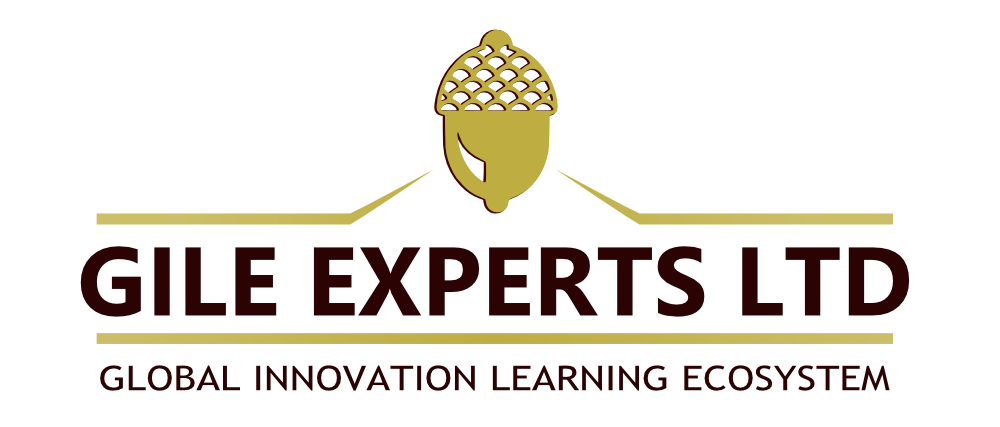Do young researchers’ competences suit an evolving research environment?
On the 29th November 2016, the Competitiveness Council of the EU identified improvement in Education and Research as a key criterion to strengthen competitiveness of the EU. According to GILE Experts (2016), sustainable growth of European economies must be driven by larger expenditure in R&D and education, which should lead to higher economic and social added value and larger inflows of foreign direct investment.
Lauzikas (2016) argues that only a strong focus on R&D and education would make the EU as the most competitive region worldwide. High-tech products and services should be used in low-tech more traditional industries, while the largest share of exports should derive from high-tech industries. Unfortunately, Based on OECD data (2014), the EU gross domestic spending on R&D reads c.a. 2%, compared to 2,7% in the USA, 3,6% in Japan, and 4,3% in South Korea.
Within the Competitiveness Council of the EU (Brussels, 2016) ministers discussed such topics as the mismatch between the acquired knowledge/ developed skills (including digital marketing) and the market needs, as well as the focus on research activities among young people.
According Peter Plavčan, Minister for Education, Science, Research and Sport of Slovakia (November, 2016): “The Council conclusions build on the Bratislava declaration that EU research ministers endorsed last summer with the objective of supporting new generations of researchers and scientists, who are called to be key drivers of Europe’s prosperity. There is a need to raise the attractiveness of scientific careers for young people, foster their talent and offer them appropriate career development opportunities”.
GILE Experts believe that this initiative would be particularly relevant in countries with relatively high numbers of young entrepreneurs (18-35 years old), such as Lithuania (GEM, 2014). Business should be linked with science via more efficient governmental programs and policies, more investment in R&D, and stronger social image of entrepreneurs and scientists. Miliute (2016) believes that young researchers should be encouraged through new entrepreneurship opportunities in Education and R&D. Young private research companies would make scientific activities more rewarding and attractive among young people.
Driven by main agreements of the Bratislava Declaration (July, 2016), the Slovakian Council underlined key strategic priorities to make the EU market more competitive via research activities among young people. The ministers emphasized the importance of the fifth freedom ‘inter alia’ (enhancing the cross-border mobility of researchers), family-friendly scientific careers, research integrity and gender balance, intersectoral public-private co-operation, dual-career opportunities, and PhDs in co-operation with industry. The EU economies should:
- Share their best national practices;
- Launch fellowship programmes by several Member States;
- Offer high-quality training and creativity enhancement tools for research;
- Monitor the progress of young researchers;
- Support the voluntary return of early stage researchers to pursue scientific careers in their countries of origin;
- Offer recognition prize20 for excellent early-stage researchers aimed at supporting their independent research, mobility, networking, and entrepreneurial skills.
GILE Experts acknowledge the importance of Slovakian Council agreements and look forward to concrete results in the nearest future.
http://www.consilium.europa.eu/en/meetings/compet/2016/11/28-29/

